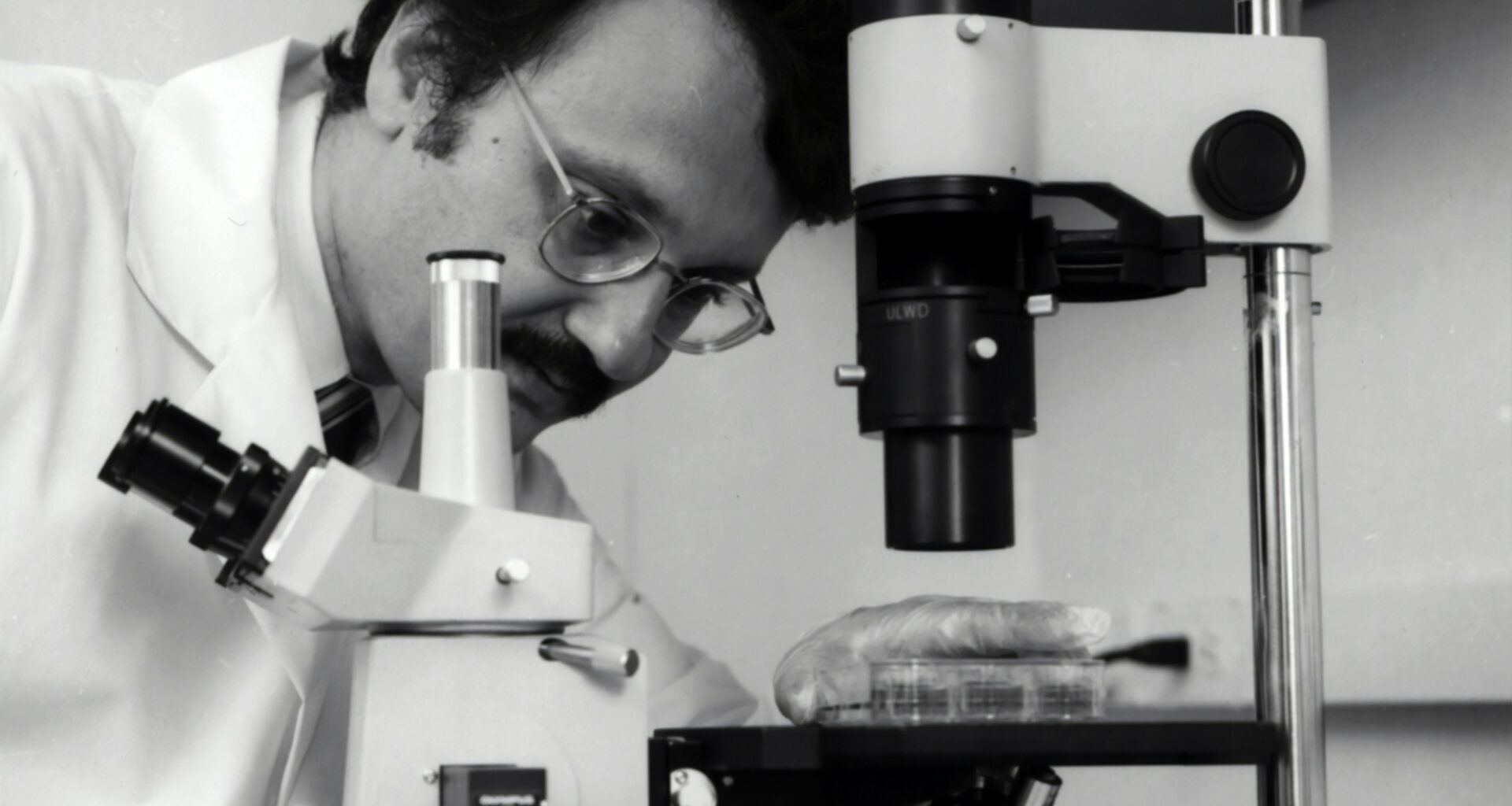Cancer continues to be one of the leading causes of death worldwide, challenging healthcare systems, researchers, and patients alike. The fight against this complex disease relies heavily on oncology research, which drives the discovery of new treatments, innovative therapies, and preventive strategies. Oncology research not only seeks to understand the biological and genetic foundations of cancer but also focuses on improving patient outcomes through personalized, precise, and holistic approaches to care.
Understanding Oncology Research
Oncology research encompasses the study of cancer at multiple levels, from cellular mechanisms to clinical applications. Researchers investigate how cancer cells develop, divide, and spread, examining genetic mutations, environmental factors, and molecular pathways that contribute to tumor growth. This foundational knowledge allows scientists to develop targeted therapies that address the root causes of specific cancers.
The field of oncology research is broadly divided into three areas: basic, translational, and clinical research. Basic research focuses on understanding the biology of cancer at the molecular and cellular level. Translational research bridges laboratory discoveries to practical treatments, creating interventions that can be tested in clinical settings. Clinical research evaluates these treatments in humans, ensuring that therapies are safe, effective, and provide tangible benefits for patients. By integrating these layers, oncology research offers a comprehensive approach to combating cancer.
Oncology Research
At the core of cancer innovation is oncology research, which drives the development of new therapies and refines existing treatment protocols. Advances in this field have led to significant breakthroughs, including immunotherapies, targeted therapies, and precision medicine approaches. Immunotherapy works by enhancing the body’s immune system to recognize and destroy cancer cells, offering hope for patients with cancers that were previously difficult to treat. Targeted therapies focus on specific genetic mutations or molecular abnormalities, reducing damage to healthy cells and improving treatment efficacy.
Oncology research also explores supportive care strategies, addressing the physical, emotional, and psychological challenges that cancer patients face. Pain management, nutritional support, rehabilitation, and mental health interventions are increasingly integrated into research, emphasizing the importance of treating patients holistically. By combining therapeutic innovation with patient-centered care, oncology research enhances both survival and quality of life.
Clinical Trials and Innovation
Clinical trials are fundamental to oncology research, serving as the bridge between laboratory discoveries and real-world treatment applications. These studies test new drugs, combination therapies, and innovative medical devices to evaluate their safety, effectiveness, and long-term outcomes. Patients participating in clinical trials gain access to cutting-edge treatments while contributing valuable data that shapes future cancer care.
Technological innovation is accelerating progress in oncology research. Artificial intelligence and machine learning analyze vast datasets to identify patterns, predict patient responses, and optimize treatment plans. Genomic sequencing enables precision medicine by tailoring therapies to a patient’s unique genetic profile, improving outcomes and minimizing side effects. These innovations make cancer care more precise, efficient, and individualized than ever before.
Early Detection and Prevention
Oncology research places significant emphasis on early detection and prevention, as identifying cancer in its earliest stages dramatically improves survival rates. Researchers are developing advanced screening techniques, biomarker tests, and imaging technologies to detect cancers before they progress to life-threatening stages.
Preventive research also investigates environmental, lifestyle, and genetic risk factors. Vaccinations, lifestyle interventions, and public health campaigns target high-risk populations, aiming to reduce cancer incidence. By combining preventive measures with early detection strategies, oncology research contributes to both longer life expectancy and improved patient outcomes.
Collaborative and Multidisciplinary Approaches
Oncology research thrives on collaboration. Multidisciplinary teams—consisting of oncologists, researchers, geneticists, data analysts, and patient advocates—work together to address the complexities of cancer. International partnerships and research networks allow for data sharing, collaborative trials, and rapid translation of discoveries into clinical practice.
This collaborative approach ensures that research findings are robust, generalizable, and applicable to diverse patient populations. By integrating expertise from multiple disciplines, oncology research tackles cancer comprehensively, leading to innovative therapies and improved care standards.
Overcoming Challenges in Oncology Research
Despite significant progress, oncology research faces multiple challenges. Cancer is a highly heterogeneous disease, meaning tumors vary widely even among patients with the same type of cancer. This variability complicates treatment development and necessitates ongoing research to identify effective interventions.
Patient recruitment and retention for clinical trials can also be challenging. Factors such as geographic limitations, financial constraints, and fear of experimental treatments can discourage participation. Advocacy and educational initiatives are essential to inform patients, address misconceptions, and ensure diverse representation in trials.
Funding is another critical concern. High-quality oncology research and large-scale clinical trials require substantial financial investment. Support from governmental agencies, philanthropic organizations, and patient advocacy groups is vital to sustain these initiatives and ensure continued progress.
The Future of Oncology Research
Technological advancements, patient-centered care, and global collaboration shape the future of oncology research. Emerging fields like gene therapy, immunotherapy, and nanotechnology are providing new avenues for treatment. Digital health tools and telemedicine platforms are improving access to clinical trials and enabling real-time monitoring of patient outcomes.
Patient-centered approaches remain central to oncology research. Understanding patient experiences, preferences, and quality-of-life considerations informs the development of treatments that are not only effective but also aligned with patient needs. By combining innovation, personalized medicine, and compassionate care, oncology research is set to transform the landscape of cancer treatment.
Oncology research is the driving force behind modern cancer care, advancing our understanding of tumor biology, developing innovative therapies, and improving patient outcomes. By integrating laboratory discoveries with clinical applications, early detection strategies, and holistic supportive care, this research field continually redefines what is possible in cancer treatment.
Collaboration, technological innovation, and patient-centered advocacy ensure that breakthroughs in oncology reach those who need them most. As researchers continue to explore new frontiers in precision medicine, immunotherapy, and digital health, oncology research promises a future where cancer care is more effective, personalized, and compassionate than ever before. Through relentless pursuit of knowledge and unwavering commitment to patients, oncology research is shaping a world where cancer is increasingly treatable and survivable.

